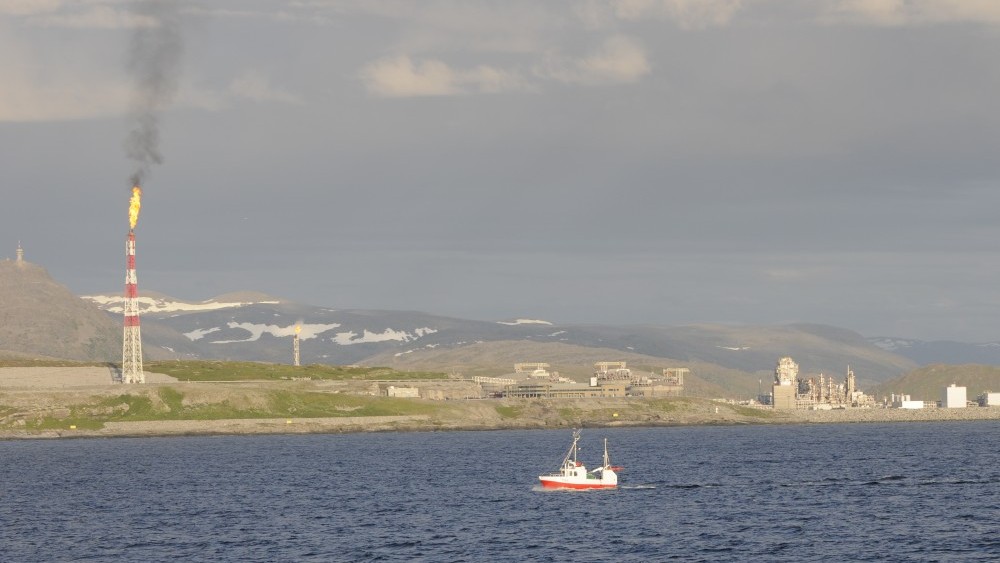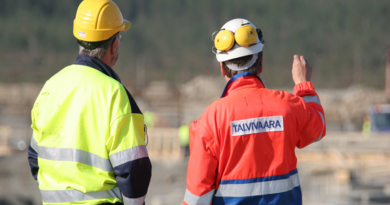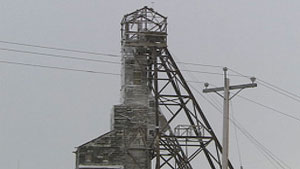Deutsche Bank won’t finance any new Arctic oil and gas projects

The Frankfurt-based bank adopted its new Fossil Fuels Policy on Monday with strict limitations on future involvement in coal, oil and gas.
With immediate effect, the bank, which is the world’s 17th largest, says it “will no longer finance any new projects in the Arctic region.”
Deutsche Bank adds that it by the end of 2020 will review all its existing business activities in the oil and gas sector.
The game-changing move by the German bank is a big blow to the remaining part of the petroleum businesses that still look north for explorations of new fields.
“This is just the beginning of the end for the fossil fuel industry,” says Frederic Hauge, head of the Bellona Foundation in Norway.
Hauge says the decision by Deutsche Bank is “a signal to all investors that conversion to clean energy can’t start soon enough.”
End of business in coal mining by 2025
Additional to backing out of Arctic oil, Deutsche Bank has decided to end its global business activities in coal mining by 2025 at the latest. By the end of 2020, the bank will review all its existing business activities in Europe and the US with regards to clients’ diversification plans involving coal power. For Asia, a similar review will begin in 2022.
Also with immediate effect, end comes to all financing of new oil sand projects, the bank says.
“Our new Fossil Fuels Policy sets us a strict framework for our business activities in the oil, gas and coal sector,” said Chief Executive Officer Christian Sewing, who also chairs Deutsche Bank’s Sustainability Council.
Norway, which together with Russia is the most active petroleum pusher in the Arctic, recently presented massive oil drilling plans in the northern part of the Barents Sea. The government in Oslo in late June proposed to open 125 new oil exploration blocks in the Barents Sea.
The blocks are located from 500 to 1,000 kilometers inside the Arctic Circle.
Related stories from around the North:
Arctic: Compilation: Mining and drilling in the Arctic, Eye on the Arctic
Canada: Agnico Eagle pipeline plans in Arctic Canada halted after Indigenous community outcry, CBC News
Finland: Finnish company joins mining project in Russian High Arctic, The Independent Barents Observer
Norway: Norway’s Equinor to drill new Arctic well in Barents Sea, The Independent Barents Observer
Russia: Russian investor breathes new life in major Arctic coal project, The Independent Barents Observer
Sweden: Swedish company LKAB targets emission-free iron ore mining around 2030, The Independent Barents Observer
United States: US sanctions against Chinese shipping company could hurt Russia’s LNG exports, The Independent Barents Observer



